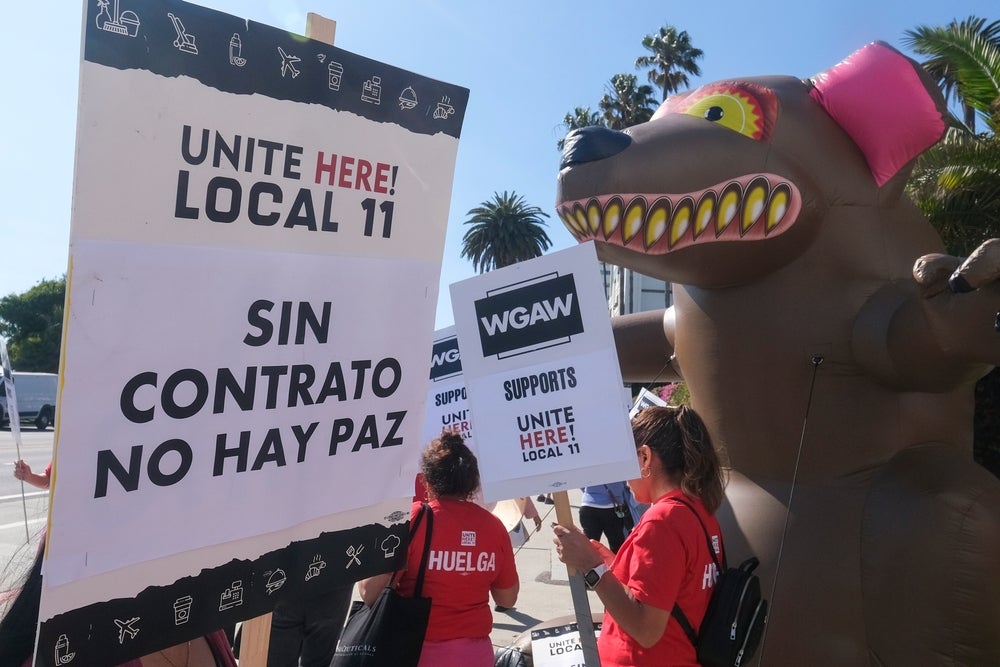Wyndham Hotels & Resorts, the world's largest hotel franchising company, is in the midst of a strategic standoff with Choice Hotels International. On 14 November 2023, Choice Hotels sent a letter to Wyndham's board of directors, proposing an acquisition deal.
Following a "thorough review" with its financial and legal advisers, Wyndham's Board has now deemed the proposal as "regressive" and not in the best interests of the company or its shareholders.
Unchanged terms and undervaluation
Choice Hotels' latest communication, the first in a month since their initial proposal, maintains the original terms and still undervalues Wyndham's standalone growth prospects.
At the current share price of Choice Hotels, the offer to acquire all outstanding shares of Wyndham stands at $86 per share.
This is lower than the $90 per share proposed in October, creating a significant gap and raising questions about the true value of the deal.
Prolonged uncertainty and asymmetrical risk
The letter from Choice suggests a two-year period for regulatory approvals, accompanied by a relatively low 6% reverse termination fee.
Wyndham's board expresses concern about the extended uncertainty this proposal would introduce, exposing the company and its shareholders to significant asymmetrical risk.
The low termination fee is seen as inadequate compensation for potential lost earnings and the long-term impairment to value during the extended regulatory review.
Wyndham's firm stand
In response to Choice Hotels' letter dated 21 November 2023, the chairman of Wyndham's board, Stephen P Holmes, stated that Choice continues to disregard Wyndham's major concerns regarding value, consideration mix and the asymmetrical risk to shareholders.
Holmes emphasised that Choice's revised proposal not only falls short of addressing these concerns but also acknowledges the regulatory uncertainties without offering substantial reassurance.
Wyndham, in adherence to its fiduciary duties, remains open to evaluating serious proposals but maintains that Choice's current stance is unfeasible, damaging to the business and unnecessarily distracting to the management team.
The strategic deadlock between these hospitality giants leaves the future uncertain, with stakeholders closely watching for further developments in this unfolding corporate saga.















